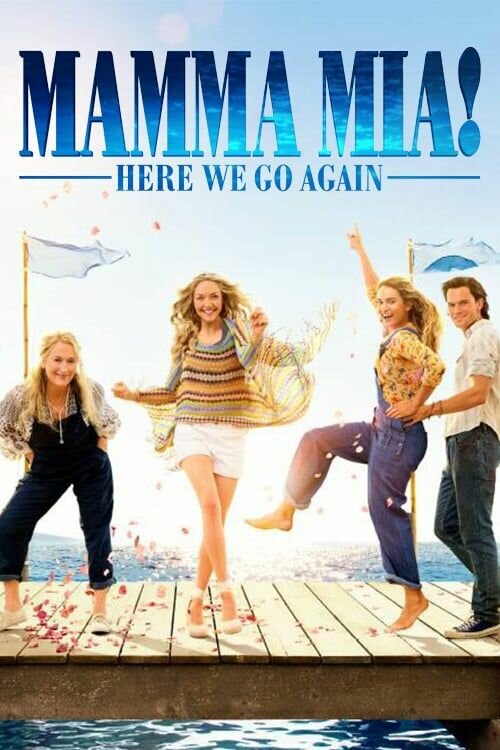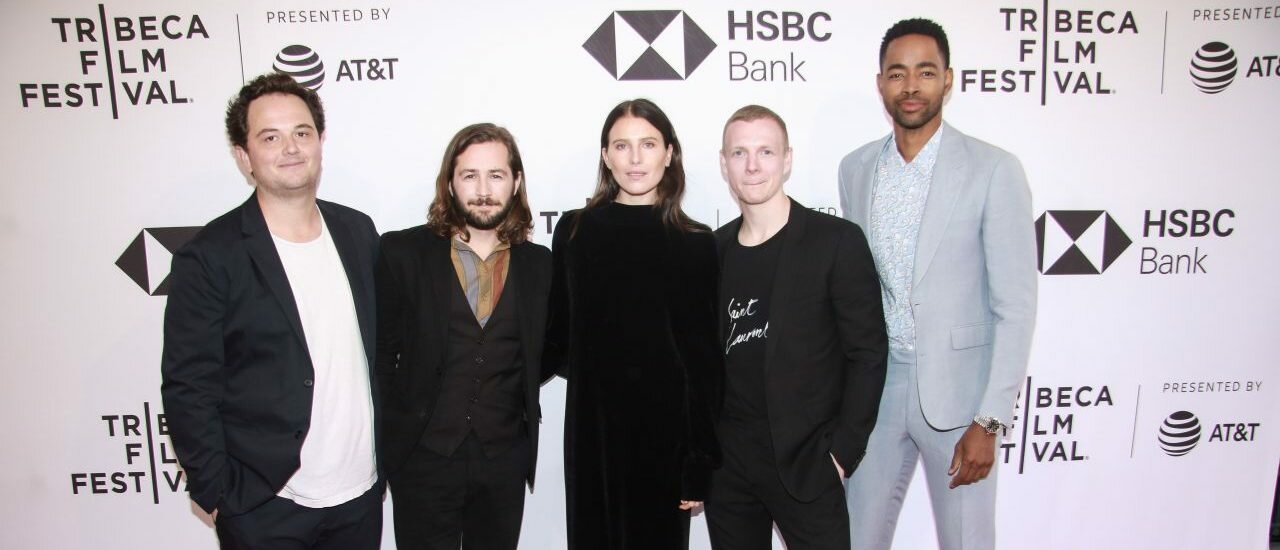By Katelyn Fournier
The first episode doesn’t begin with a dead body adorned with antlers, but something more ominous: rows of flags flapping on a parcel of land like gravesites, marking the contaminated land surrounding Vinci, a pseudo-city of Los Angeles County. In a sense, these flags represent Vinci’s slow death rattle as it chokes on the pollution, corruption, drug activity, murders, neglect, and other illegal activities that have saturated life in Vinci since its birth.
The literal “body” is revealed at the end of the first episode “The Western Book of the Dead” in the form of self-denying gangster Frank Semyon’s (Vince Vaughn) business partner and Vinci City Manager Ben Caspere. Together they conspired to buy up several parcels of Vinci’s contaminated land with Frank’s liquidated assets to profit from the construction of the California Rail Corridor.
Colin Farrell (Detective Ray Velcoro), Rachel McAdams (Detective Ani Bezzerides), and Taylor Kitsch (Officer Paul Woodrugh) all deliver solid performances that engage convincingly with each of their characters’ subplots. In fact, it is Vince Vaughn’s role as the dangerously charismatic and virtuous gangster Frank Semyon that comes as the most pleasant surprise, and will likely set the tone for the season as a whole. Vaughn’s character delivers some of the most memorable lines of the season so far, including a line in episode 4 “Down Will Come” in which Frank reasons quite fittingly that, “sometimes your best self is your worst self.”
Ubiquitous aerial shots of the artery-like Los Angeles highways provide most of the season’s transitions and iconography, yet these quickly feel stale after overuse in the first few episodes. The season’s strongest settings are not the barren highway underpasses and polluted canals, where Mexican immigrants play football, but the claustrophobic and vaguely perverse interiors. Images in this tone include Caspere’s looted mansion ironically stuffed to the brim with erotica, the water stain on the ceiling of Frank’s bedroom that looks like Caspere’s acid-eroded eye sockets, the dark interior of Caspere’s second house decorated with animal heads and a blood-soaked swing in the middle of the room. Even the nearly empty, seemingly windowless bar with the crooning bar singer, who could really benefit from seeking professional therapy furthers the dark and ominous setting of this corrupt town.
Perhaps the most prevalent theme of the season is fatherhood, or rather failed fatherhood. Each main character is weighed down by the contradictions between their pasts of childhood neglect and their present responsibilities as parents, spouses, and siblings. Still, we are left to wonder why these issues really matter in relation to the larger murder mystery narrative, other than to create additional drama.
Where Ray fails to be a decent father for his son, Antigone struggles to reconnect with her estranged younger sister Athena, and Paul compensates for his commitment issues by marrying his pregnant girlfriend. Frank appears to make more progress in taming his personal demons by agreeing to adopt a child and acting as a much-needed father figure for the child of one of Frank’s murdered employees in episode 3, “Maybe Tomorrow.”
Possibly the city of Vinci is the most neglectful father of them all, the place that left its children to fend for themselves, to live outside of the rules that could not allow them to survive. In True Detective, we see again and again that only fools believe what they are told by authority, and the only way to solve a murder is to act as craftily as a killer.
Ray’s line in episode 2 “Night Finds You” that he strongly suspects “we get the world we deserve” contradicts every character’s belief that the world has somehow done them wrong and their actions are correct given the circumstances. However, this quote may suggest greater consequences for their self-interest, or perhaps simply the confirmation that the scum of Vinci all had it coming to them.
One of the most bizarre sequences (something that was much more abundant in the first season than this one) was in the sixth episode “Church of Ruins” in which Antigone experiences the effects of a strong drug reaction, most notably a hallucination—or a flashback—that strongly suggests she was sexually abused as a young child, revealing the source of her various conflicts surrounding sex and relationships.
What could have been a much-needed release from the slow burn of the first half of the season ended up coming off as a hastily thrown-together mix of James Bond villain reveals and trite horror movie sound effects followed by an improbable escape scene, with a gratuitous line that served the cherry on top: “These contracts…signatures all over them,” referring of course to the names of all those rich corrupt politicians who we suspected of foul play all along. Perhaps the murder mystery will be solved sooner than we thought.








1 Comment
Marilu D. · 07/30/2015 at 15:06
I need to see this!!